
The Honorable James W. Symington
Formerly: Assistant to Attorney-General Robert Kennedy; Member of United States Congress from Missouri; and Chief of Protocol under President Lyndon Johnson. Currently: Partner of the Law Firm of Nossaman; Head of numerous Corporate Boards; and Chairman of the American-Russian Cultural Foundation.
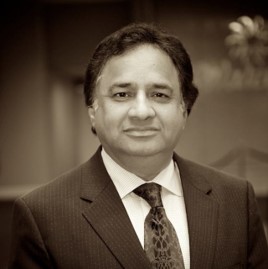
Adeel Shah
Adeel Shah is CEO of Venture Force Global, (VFG) headquartered in Maryland, USA, and regional offices in Karachi and Dubai. He has a long, distinguished career in which he has designed and successfully executed strategic plans for international and domestic commercial firms. With an education in Business Administration and International Public Policy from the University of Johns Hopkins, he serves on various corporate boards including NGOs. He was also a Vice Chairman of the US-Pakistan Business Council and is an affiliate member of the US Chamber of Commerce in Washington, DC.
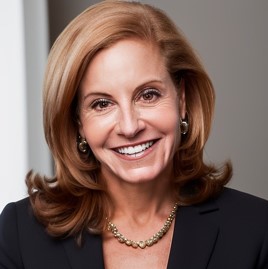
Amie Devero
Amie has been a strategy consultant and executive coach for over 25 years. The focus of her strategy work has been on the use of strategy mapping and balanced scorecards, a methodology invented by Robert Kaplan and David Norton at Harvard Business School. The unique approach that Amie developed (with her former business partner Francis Wade) incorporates core values and organizational culture into strategy, allowing for wholesale transformation of organizations bringing the entire organization, including every employee, into the strategy and the values that govern the culture. Amie is the author of Powered By Principle: Using Core Values to Build World-Class Organizations, which outlines the approach. This book is now incorporating new distinctions and the changes in business and technology that have taken place since its publication in 2007. Amie was educated at Bennington College and Harvard University, and holds two graduate degrees–one of which is from the London School of Economics and Political Science. Her current work focuses on the emerging technology sector with special focus on post-revenue start-ups.
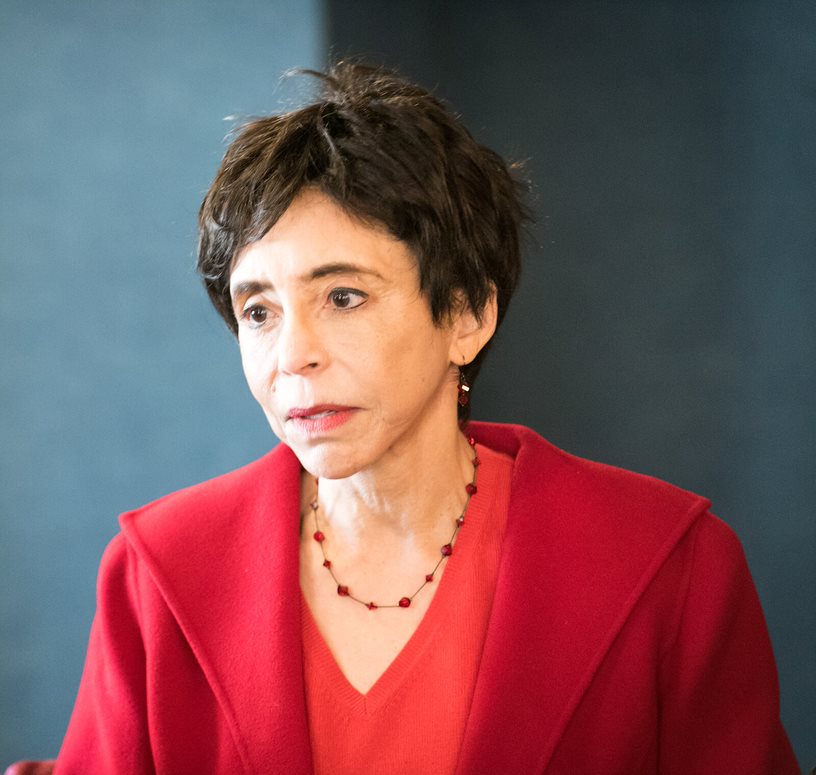
U.S. Ambassador Elizabeth Davenport McKune (ret)
Liz is the first female from any country appointed as ambassador to the State of Qatar. She similarly broke barriers serving as the State Department’s first female deputy executive secretary. Her overseas tours include Israel, Tunisia, Egypt, Lebanon, Oman and Iraq. After the Foreign Service, Liz became the Executive Director of the non-profit Sultan Qaboos Cultural Center, overseeing an unprecedented period of growth. Liz earned a B.A. from Carleton College and an M.A. in International Affairs from Johns Hopkins School of Advanced International Studies. In addition, she graduated “with distinction” from the National War College.

Jose B. Sokol
Has worked on macroeconomic, debt, fiscal policy, poverty, governance, trade and customs administration, quality assurance, and capacity building issues for about 35 years at the World Bank, first as a staff member and then as a consultant. Served as the World Bank’s Lead Economist for Latin America’s Southern Cone and Caribbean countries, as well as for West African ones. Led economic missions that advised country governments and authored numerous country and regional reports, and also co-authored two customs administration books. Led a major review on the Bank’s analytical work that included most developing country members. Was a consultant at the Inter-American Development Bank on Development Effectiveness. Began his professional career as an economist at the Planning Directorate of Panama where he became Director of Planning, Deputy Director General, Deputy Minister, and also Acting Minister of Planning and Economic Policy. When in government was a Board member of the National Banking Commission, Power Company, Telephone Company, and Civil Aeronautics Board, and also member of Cabinet. Mr. Sokol holds a B.A. from the University of Panama, an M.A. in Economics from the University of Chicago, and undertook PhD studies at the University of Chicago.
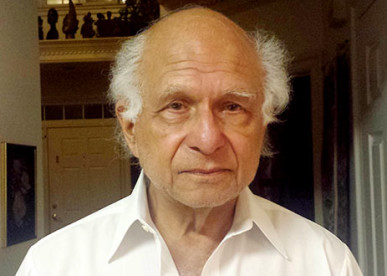
Tariq Husain
Tariq has multi-sectoral professional expertise and a proven ability to combine these perspectives into practical strategies. During his thirty-year career at the World Bank in public policy formulation and implementation, he held many senior positions, including Head of the World Bank Resident Mission in Nigeria and Head of the Learning and Leadership Center—the internal University of the World Bank. After taking early retirement from the Bank, he has continued to apply his expertise in Pakistan and other countries. He is currently actively involved in Organizational Reforms of Universities in Pakistan. As Advisor to the Chairman of Pakistan’s National Revenue Service, he contributed to its restructuring to become a world class institution. As Dean of the Think Tank on Poverty reduction he led and authored two books on Pakistan’s Human Condition covering the major dimensions of Poverty. He has an M.Sc. in Physics (first in class) from Karachi University; an MBA (with Distinction) from McGill University and an MIPP (with Honors) from John Hopkins University.
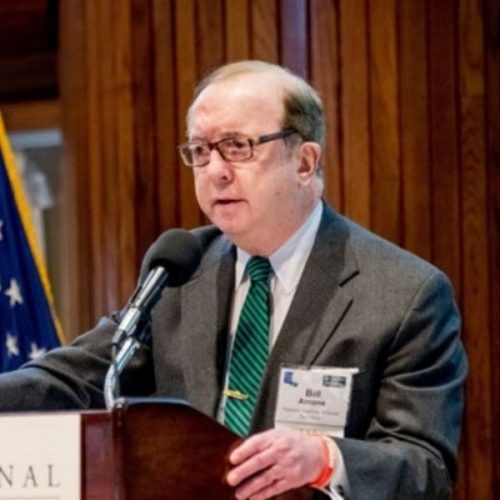
William J. Arnone
William J. Arnone is Chief Executive Officer – Emeritus at the Academy. As a Partner with Ernst & Young LLP for 15 years up to 2009, he was responsible for the strategic positioning, design, management, marketing, and thought leadership of retirement and financial education and counseling in employer-sponsored programs. Prior to joining Ernst & Young, he was Principal, Benefit Consultant, and National Director of Financial & Retirement Planning Services for Buck Consultants, Inc. (now part of Xerox). He joined Buck in 1981 after serving as Director, Senior Security Services, for the New York City Department for the Aging. He also served as Consultant on Employment of Older Workers for the Florence V. Burden Foundation in New York. He previously was Executive Director of Helping Aged Needing Direction in the Bronx. He also served as a staff associate with the New York City Board of Correction. He is co-author of Ernst & Young’s Retirement Planning Guide (John Wiley & Sons, Inc., 2001). He is an Associate Editor of The Columbia Retirement Handbook (Columbia University Press, 1994). He is a Founding Board Member of the Academy and served on the Academy’s Board of Directors from 1986 to 1994. He co-chaired the Academy’s 2010 conference, “Beyond the Bad Economy.” and has served on the Academy’s Strategic Planning Committee and chaired its advisory committee for Ford Foundation organizational awards to enable the voices of vulnerable segments of the U.S. population to participate effectively in the debate on the future of Social Security. He received a J.D. from New York University Law School in 1973. He was selected as one of the first Charles H. Revson Fellows on the Future of New York City by the Columbia University School of Business for 1979-1980.
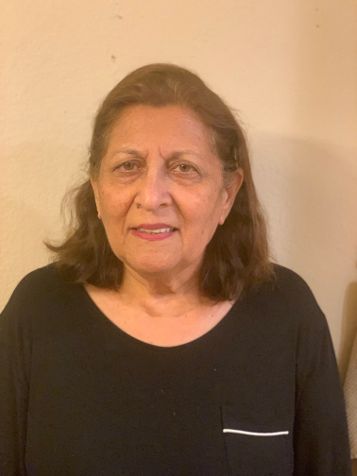
Farida Rokadia
Farida Rokadia is an activist and a consultant based in Washington, DC— dedicated to empowering women and promoting education, both in Pakistan and the U.S.
Through her work with organizations like The Citizens Foundations and the U.S. State Department, she has helped countless women and children work towards a brighter future for themselves and their communities.
As the chair of the Women’s Initiative of Global Overseas Pakistanis Entrepreneur Network (OPEN), Farida is committed to empowering Pakistani women by providing them with resources, training, and opportunities they need to succeed. She and other women support women’s professional growth, from helping them enter the workforce to developing their leadership skills and visionary thinking. Women need full rights full resources, and a full voice. They are looking for collaboration and not competition, so she expects all men to support women in their lives at home and at work.
Farida studied at St Joseph’s Convent in Karachi Pakistan. After 9/11 and the spotlight on Muslims and terrorism, at an event she was confronted for questioning people’s reading of the Quran and was challenged to learn about other religions. She joined the Judaic center and applied to study for the certificate course. Although she already had a bachelor’s degree from Karachi University, she had to complete two years of college again. This then led to a Masters in Conflict Resolution from American University in Washington DC.
